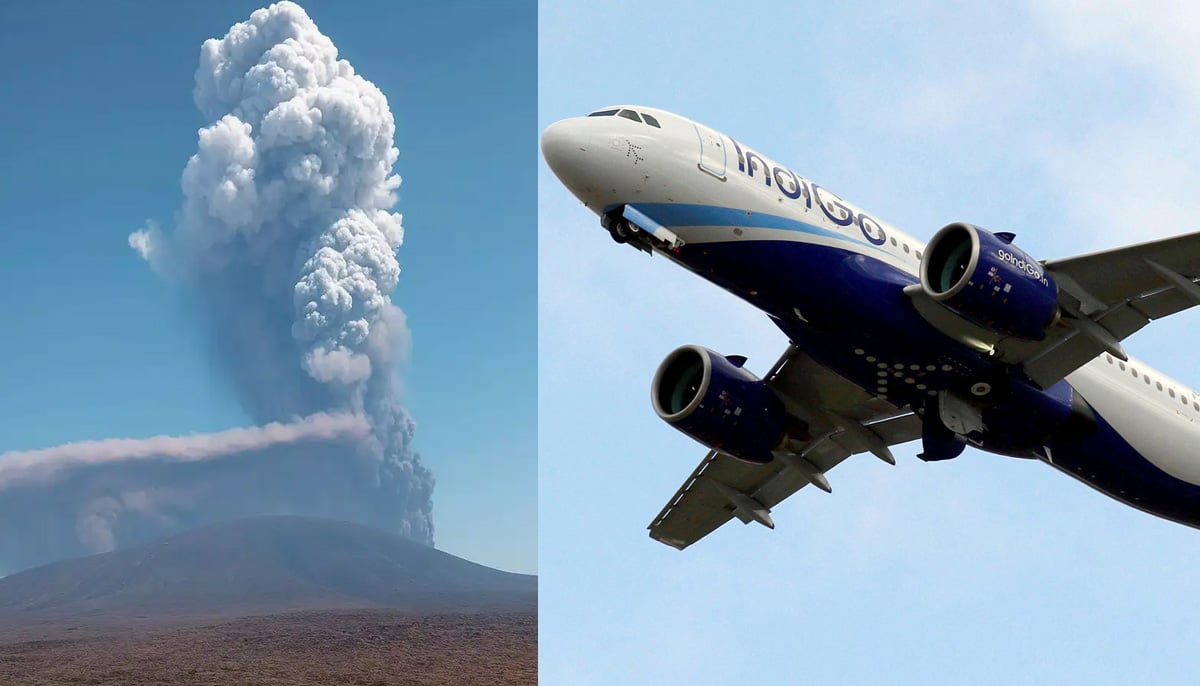Nepal’s Prime Minister KP Sharma Oli has resigned after days of violent anti-corruption protests that shook the Himalayan nation, leaving dozens dead and hundreds injured. The resignation marks a dramatic turn in Nepal’s political landscape, with mounting pressure from opposition parties, civil society, and the public forcing Oli to step aside.
Protests That Toppled a Leader
The protests began as localized demonstrations against rising corruption in government institutions. Allegations of bribery, mismanagement of public funds, and nepotism fueled anger among citizens. Over the past week, demonstrations grew nationwide, spreading from Kathmandu to provincial capitals.
What started as peaceful rallies quickly escalated into violent confrontations. Clashes between police and protesters left streets filled with tear gas, stones, and barricades. Security forces imposed curfews in several districts, but the unrest intensified after 16 people were killed in Damak, Oli’s political stronghold. The attack on Oli’s private residence, where protesters hurled stones, further symbolized the loss of public confidence in his leadership.
Resignation Announcement
In a televised address, Oli acknowledged the growing unrest and announced his resignation. “I cannot lead a country divided by violence and mistrust,” he said, calling on citizens to restore peace and unity. Oli maintained that corruption is a systemic issue, not limited to his administration, but admitted that his government had failed to address public grievances effectively.
His resignation comes amid pressure from within his own Nepal Communist Party, where several senior members openly criticized his handling of the protests. Opposition parties had already announced plans to file a no-confidence motion, leaving Oli with little political ground to stand on.
Public Reaction
News of Oli’s resignation sparked mixed reactions across Nepal. Protesters in Kathmandu celebrated by waving flags and chanting slogans, hailing the move as a victory for democracy. Many, however, cautioned that simply removing one leader would not resolve the deeper issues of corruption and governance.
Victims’ families and civil rights groups emphasized that justice must be served for those killed in the clashes. Human rights organizations urged the government to launch independent investigations into the excessive use of force by police.
Opposition and Political Vacuum
With Oli’s resignation, Nepal enters a period of political uncertainty. The opposition, led by the Nepali Congress and other parties, has demanded immediate parliamentary discussions to select a caretaker prime minister. Analysts suggest that coalition-building will be challenging, given the fragmented political environment.
There is also growing public demand for constitutional reforms to address governance failures. Protest leaders argue that corruption is deeply entrenched in Nepal’s political system and that structural changes are necessary to restore public trust.
Regional and International Reactions
Neighboring India expressed concern over the unrest but welcomed the peaceful transfer of power. China, which has maintained close ties with Oli’s government, issued a statement urging stability and dialogue. International organizations, including the United Nations, called on Nepal to ensure that the transition does not further destabilize the country.
The crisis has drawn attention globally, highlighting the challenges Nepal faces in strengthening democratic institutions nearly two decades after its transition from monarchy to republic.
Impact on Economy and Society
The resignation comes at a time when Nepal’s economy is under severe strain. Tourism, a vital source of income, has already been disrupted by protests. Business leaders warn that continued instability could drive away foreign investment.
Meanwhile, schools, markets, and transport services remain disrupted in protest-hit regions. Ordinary citizens continue to face shortages of fuel and essential goods, compounding frustrations with the political elite.
Looking Ahead
Nepal’s immediate challenge is to restore order and initiate political dialogue. While Oli’s resignation may ease tensions temporarily, much will depend on how swiftly the government addresses corruption concerns. Protest leaders have warned that demonstrations will continue until concrete reforms are announced.













